Rock Against Racism: the concert in Victoria Park that united a nation
Victoria Park was witness to one of the biggest anti-racism campaigns of the century, combining the decade’s energy for punk rock and protest.
The 1970s was a time when racist attacks on immigrants and ethnic minorities occurred openly on the streets and support was increasing for far-right organisations, such as the National Front. Blending music, politics, and campaigning, Rock Against Racism (RAR) was formed.
The movement’s first gig was held in November 1976 at the Princess Alice pub on Commercial Street. Bands and singers, including one of Britain’s top reggae bands, Matumbi from south London, and jazz and blues singer Carol Grimes, took to the stage. This gig galvanised local RAR groups to set up their own music concerts across the country, leading to the most famous: ‘Carnival Against the Nazis’ in Victoria Park.
On 30 April 1978, an estimated 100,000 people marched seven miles from Trafalgar Square and rocked out, a show of solidarity against the National Front and the rhetoric of public figures like Enoch Powell.
It was a watershed event for Rock Against Racism, who organised it together with the Anti-Nazi League. The Clash shared the stage with Patrick Fitzgerald, X-Ray-Spex, the Tom Robinson Band, and Steel Pulse. A lineup for the ages.
There were issues with the sound, but that wasn’t what people were there for. Watching concert footage it’s clear the energy went far beyond music. “The Clash were magic that day,” photographer Syd Shelton recalls, and he’d know. He knew Britain’s punk scene as well as anyone.
You can see from the footage how much energy there was in the air.
Protest is a fluid world. Righteousness has many forms. For all its poster boys (and girls), dissent starts from within and finds voice in shared experiences.
Less than a week after the concert, Altab Ali was murdered in a Whitechapel park. Ten days after that 7,000 people marched behind Ali’s coffin to Downing Street. The chant that stuck with Shams Uddin, a friend of Ali’s, was, “Black and white, unite and fight.”
Photographer Syd Shelton shared his memories of the fallout with The Gentle Author. “It was an exciting time when, after the death of Altab Ali, the Asian community stood up to be counted and the people of the East End became militant against the National Front.”
London has long been a stage on which tensions of all stripes burst into the open. As the year winds down and we brace ourselves for more turbulence, the mind wanders to the East End’s own heritage of rebellion.
Those spring weeks in 1978 were chapters in a larger, ongoing tradition in the East End. From the London matchgirls’ strike in 1888 to Sylvia Pankhurst and the Suffragettes to the Battle of Cable Street in 1936, to anti-war demonstrations today, protest lives on in East London.
There are moments in history where dispersed passions come together and form something mighty, however brief. Savour them, but don’t get complacent. Lots of people turning up doesn’t mean you’ve won; it means you have company.
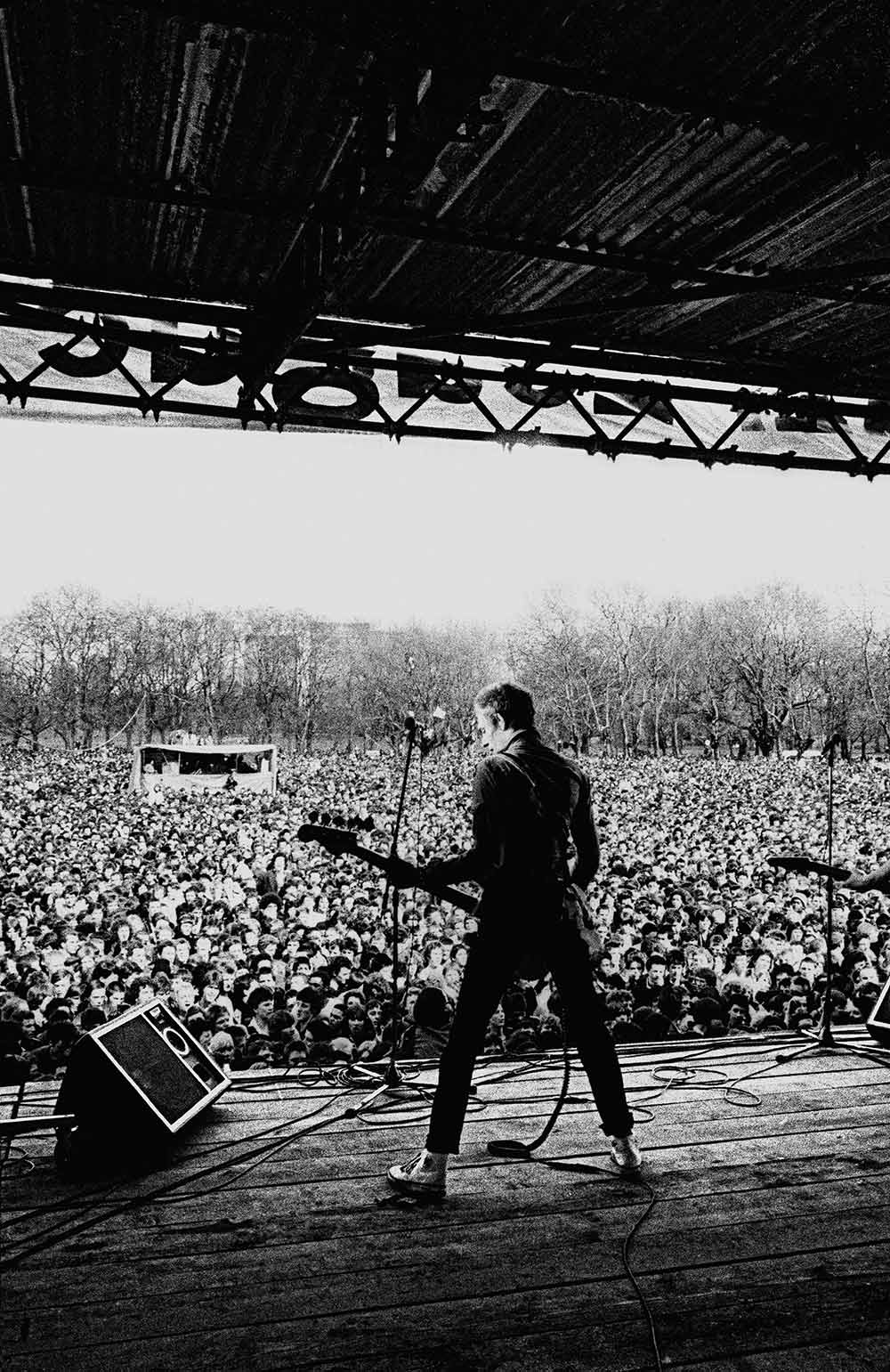
If you enjoyed this article, then read our piece on the old Bow Baths’ place in Suffragette and wider political history.

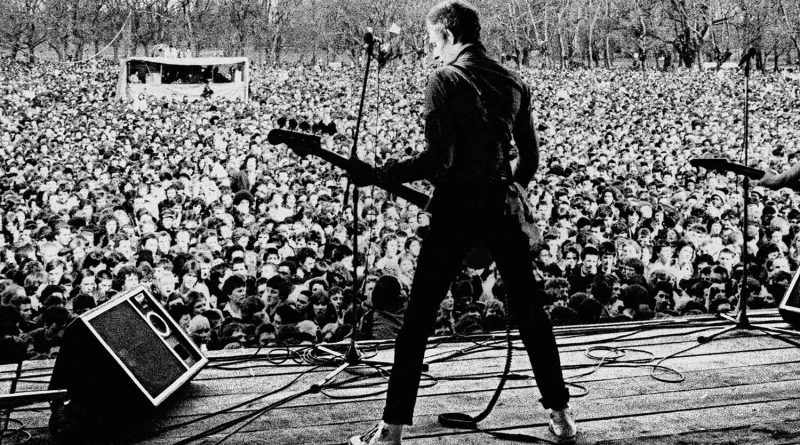
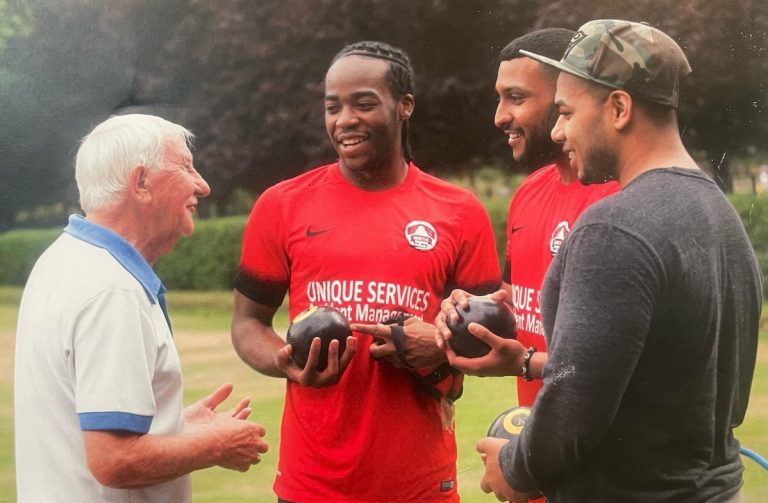
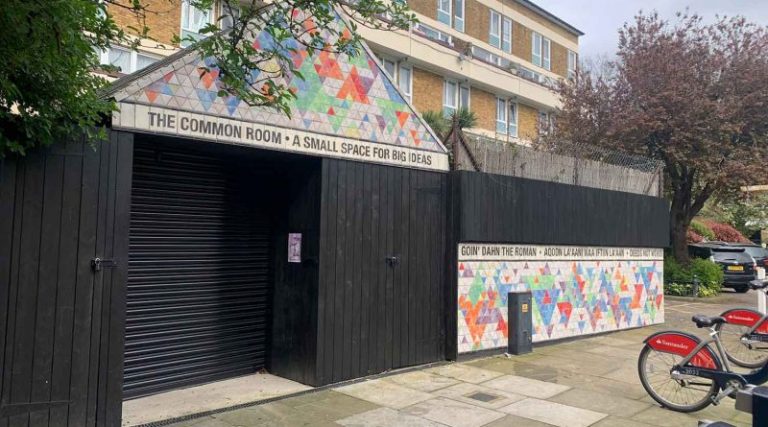
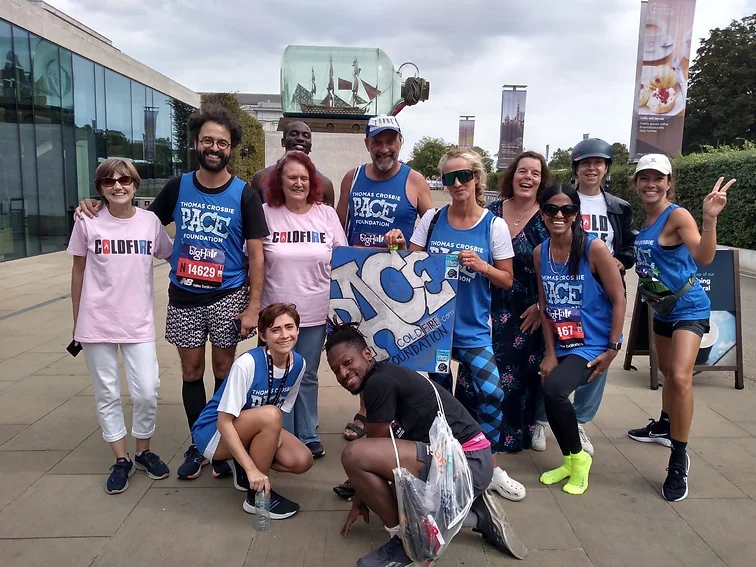

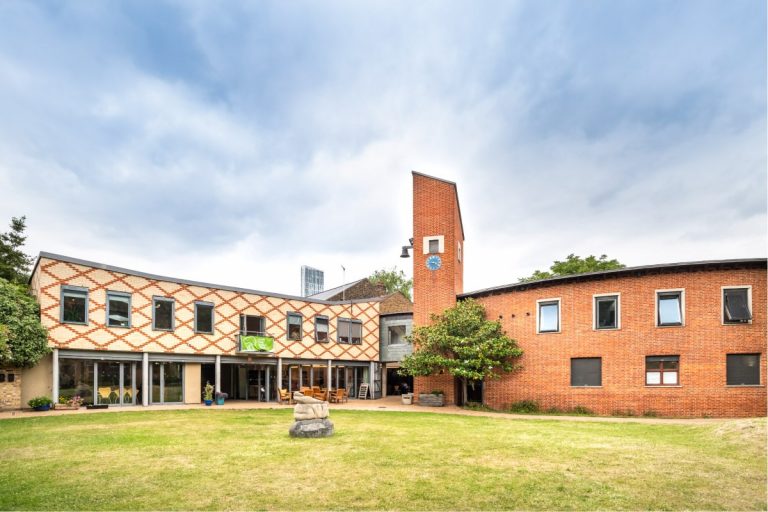
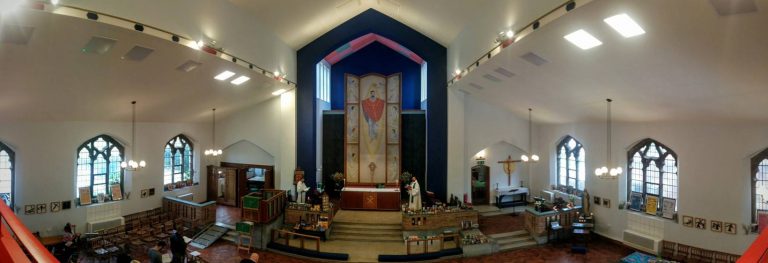

Great article. However, the Princess Alice pub was not the one on Commercial St as in your text, but in Forest Gate. Neither pub exists any more alas. https://uaf.org.uk/2016/10/40-years-since-the-birth-of-rock-against-racism-rebel-music-that-broke-down-fear/ https://www.e7-nowandthen.org/2016/12/forest-gate-scene-of-rock-against.html
I was there that day and I remember a great reggae band playing on a lorry on the edge of the park, not 100% but i thought it might of been misty in roots. Brilliant day and a shame it seems a forgotten cause